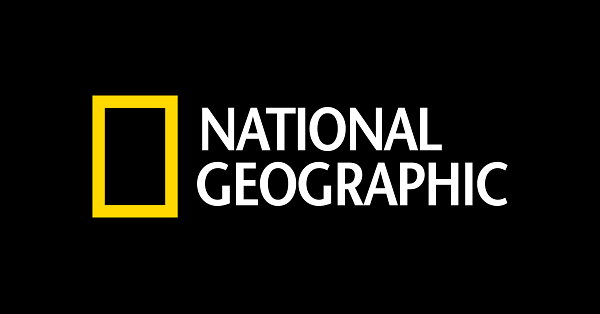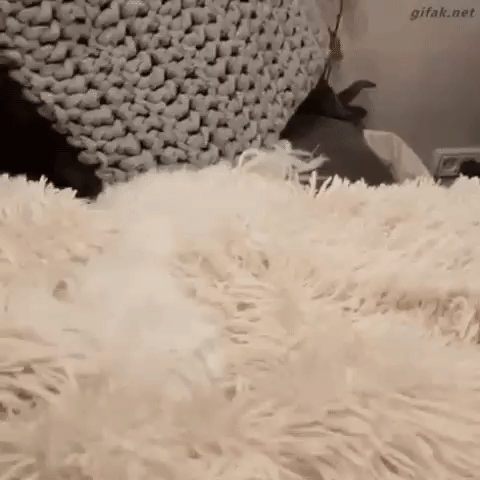✍️Science Writing News Roundup #23 (December 22, 2020)
Using data to drive stories + What makes a good children’s science book? + The COVID-19 vaccine is here: What journalists need to know
🎄 Ideas
What makes a good children’s science book? In this month’s book club podcast, Chemistry World brought together three families and their four children to find out what it takes to write a children’s science book. “What these books should do is to get children interested in science, get them to look at the world in a different way as they go about their lives,” says freelance educator Michael Holland.
Discovering a climate-science beat in India: In October 2018, a few months after Disha Shetty completed a master’s degree in science journalism at Columbia University, she returned to India and joined IndiaSpend, a data-journalism initiative, as a reporting fellow. For six months, she traveled around India to document the impact of climate change on communities.
Talking about science in a pandemic: A golden opportunity for science communication. The COVID-19 pandemic is a golden opportunity to help the general public understand how science really works. We’re getting to see “how the sausage is made” every day now, writes Melanie Peffer, author of Biology Everywhere.
Opinion: Being scientists doesn’t make us science communicators. “If you are a scientist who hasn’t yet honed these science communication skills, don’t hop on Twitter for your first attempt. Instead, look for opportunities to practice science communication in a low-stakes environment in which you can receive feedback from professionals,” writes Sarah Anderson, a PhD candidate in the chemistry department at Northwestern University.
Using data to drive stories: Betsy Ladyzhets, a senior research associate at Stacker, organized a ScienceWriters2020 session on the ways journalists can use data to bring a story to life. Participants shared key takeaways using #DataforSciComm on Twitter and practiced using a Workbench tutorial during the session.
💡 Tips
The Job Talk blog features an interview with Aisha Abdullah, a freelance science writer based in New York City. “One disadvantage when starting out in the field is that most, if not all, of the writing you do as a grad student, is drastically different from the writing you will do as a science writer. You’ll have to unlearn some technical writing rules and work to adapt to journalistic styles while also developing your own voice. That can be a struggle, especially if you’re coming straight from an academia background,” she says.
The COVID-19 vaccine is here. What journalists need to know. Along with medical experts and community leaders, journalists will play an important role in educating the public about the vaccines. Poynter and the American Medical Association held a webinar to connect journalists with top vaccination experts, and they offered tips about how to cover the vaccine.
🌅 Opportunities
Laura Oliver is a freelance journalist writing a series of reporting guides for the European Journalism Centre for freelance journalists covering development. She's currently working on a guide to vaccine reporting and another on reporting on viruses. If these areas are something you have experience in, especially in the development field, she'd love to interview you about your work. Her email is laura.oliver1@gmail.com.
Looking to start or expand coverage of climate change? Apply for Metcalf Institute’s Annual Science Immersion Workshop for journalists who need to understand the practice of research and topics relating to climate change science, impacts and adaptation.
Entries for the DC Science Writers Association Newsbrief Awards are now open! DCSWA accepts entries in two categories: writing (primarily written text), and multimedia (primarily audio, video, photos, infographics, or a combination thereof).










🧒 News
NASW has created a new email discussion group for science writers who are interested in writing for kids. NASW-SciWriKids will be an open, welcoming and supportive environment for chatting about the ins and outs of writing for this market, according to Chris Crockett, a freelance astronomy writer.
Children engage with science through creative writing competition: Milner Centre for Evolution have announced the winners of a competition for primary school children to write and illustrate a story or poem about genetics.
Remembering science writer David Perlman: A legend in his own time. “With a career that spanned most of the last century and the start of this one, he covered the most significant scientific advancements of our time. This year we lost him. He passed away in June, age 101,” writes Danielle Venton, Reporter at KQED.
🗨️ Videos
An interview on science and poetry with poets Tricia Dearborn and Benjamin Dodds (Science Write Now)
Reporting on and living with COVID-19: The view of three Latin American journalists (Science Writers in New York)
Will Monterroza on reporting on COVID-19 in El Salvador (Science Writers in New York)
🎟️ Events
Conversations on COVID-19: Vaccines in the News (Caltech Science Exchange, January 11, 2021)
Online SciComm Coworking Session (January 13, 2021)
📚 Career opportunities
Editorial Associate, The Simons Foundation, New York, NY
Associate Science Editor, Inverse, Remote, US-based
Mind & Body Staff Writer, Inverse, Remote, US-based
Biodiversity Editor, Vox Media, Remote
Associate or Senior Editor: Magazine, Nature Medicine, New York or London
Science Writer, Oak Ridge National Laboratory, Oak Ridge, TN
Science Writer, IIASA, Austria
Science writer and editor, Biotext, Canberra, Australia
Staff Writer/Editor, The Scientist magazine, Remote, US or Canada
More jobs 👉Science Writing News Roundup #22
👉 Don’t miss any updates from the Science Writing News Roundup:
Worried you missed something? See previous newsletters here. What would you like to see in the newsletter? Please send me your suggestions by replying to this email: sciencewriting@substack.com😃
If you liked this post, share it with your friends 💙


Note: Photo by Brett Sayles from Pexels


